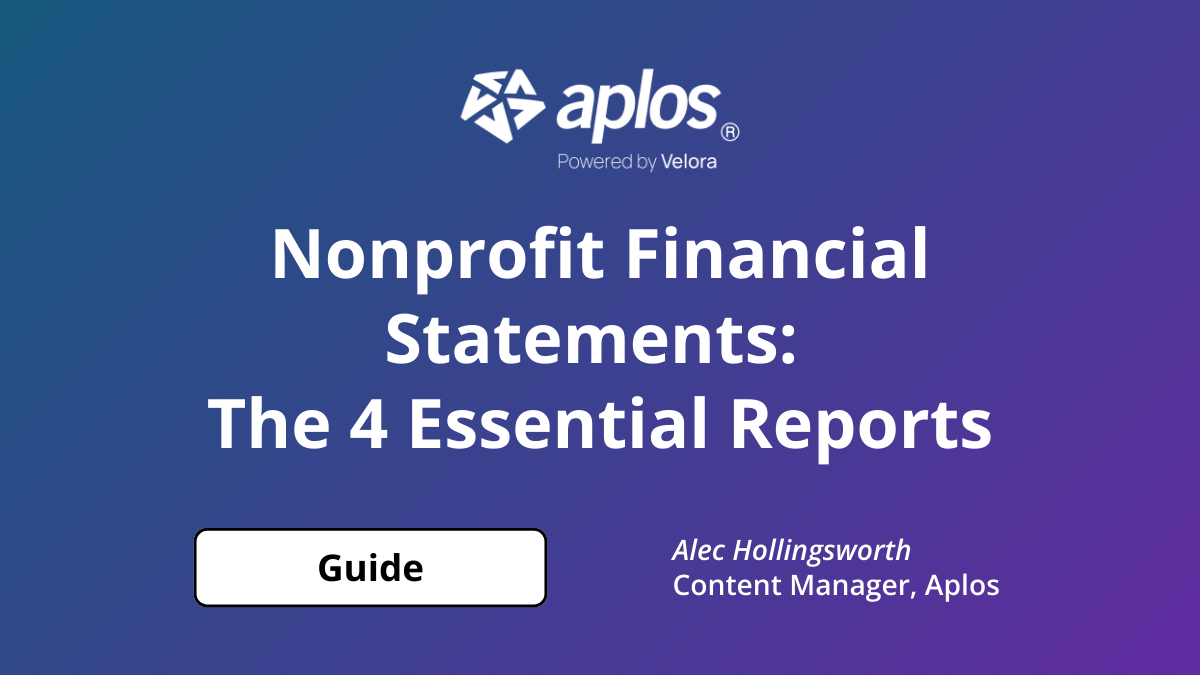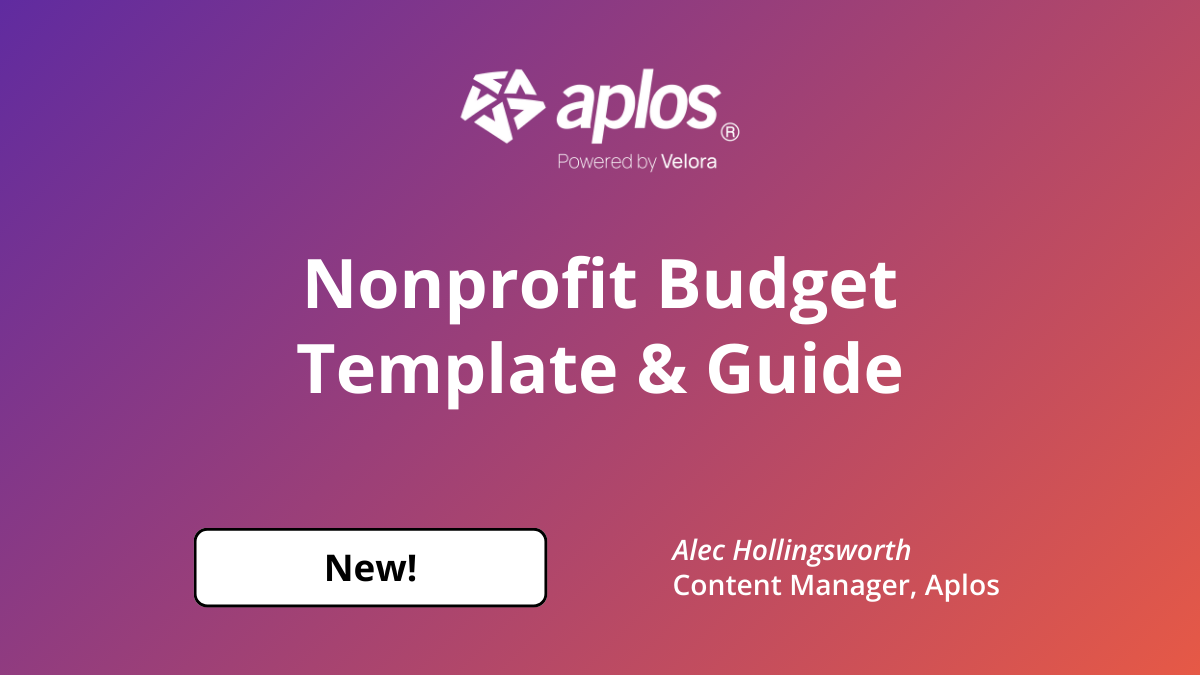
Nonprofit vs. Charity vs. Foundation

What’s the difference between a nonprofit vs. a charity, and how do foundations fit in? Sometimes it’s hard to intuitively know the difference between these organizations. In our video from last year, we went over the difference between a nonprofit and a not-for-profit organization. As a refresher, the two terms are essentially the same thing. Nonprofit refers to the organization, while not-for-profit refers to the activities of that organization. But what about the other subsets of nonprofits specializing in the art of giving? Below, we’ll go over the basic nonprofit, and then distinguish foundations from charities.

Manage your finances, giving, reporting, and more with Aplos. Try it free for 15 days.
Nonprofits
The extra money a nonprofit makes doesn’t go to the employees. Rather, it fuels the organization’s mission. Employees of a nonprofit still get a salary (excluding the volunteers), but they don’t benefit from run-over profits if the organization turns out to be successful. The money goes toward what that organization set out to do. If their mission is to feed the homeless, then the extra revenue will go toward buying more food, setting up events, operating soup kitchens, etc., instead of going into the pockets of those running it.

Foundations
Foundations are organizations that do not qualify as public charities. They are very similar to nonprofits, except money for a foundation usually comes from a family or a corporate entity, whereas nonprofit money often comes from their revenues.
It’s technically possible to donate money to private foundations, but many foundations won’t accept it. As an alternative, they’ll take the money they started out with, invest it, and then distribute the money made from those investments. Foundations will also donate these funds to other nonprofits in the form of gifts or grants.
There are subsets of private foundations: operating and nonoperating. A private nonoperating foundation grants money to other charitable organizations and is the more common form. Foundations don’t directly perform charitable programs or services either. A private operating foundation distributes funds to its own programs that exist for charitable purposes.
Public Charities
A public charity (versus a nonprofit) is a charitable organization defined by one of the following:
- Is supported by the public
- Exists to support a separate charity
- Exists to measure public safety features
Charities range from hospitals to universities to churches, and they exist to further the advancement of science, public health, helping the homeless, etc. Donations to these organizations are completely tax-deductible.
Free Nonprofit Startup Kit for Church or Nonprofit Leaders and Administrators
If you wonder what takes to start a nonprofit, check out our free Nonprofit Startup Kit. It includes:
- A checklist for your nonprofit status to be approved
- Sample Articles of Incorporation
- A checklist with all documents you’ll need
Frequently Asked Questions
How are 'nonprofit' and 'not-for-profit' different?
They’re essentially the same; 'nonprofit' refers to the organization, 'not-for-profit' refers to its activities.
Where does a nonprofit's extra revenue go?
Extra revenue fuels the organization’s mission—buying supplies, running events, and operating programs like soup kitchens, not employees' pockets.
How are foundations typically funded?
Foundations usually receive money from a family or corporate entity and invest initial funds, distributing investment earnings as grants to nonprofits.
Can you donate to private foundations?
You can technically donate to private foundations, but many foundations won’t accept donations.
What does the free Nonprofit Startup Kit include?
It includes a nonprofit status checklist, sample Articles of Incorporation, and a checklist of all documents you'll need.

Our comprehensive closeout services start at $399 per month that needs to be reconciled. Sign up before Jan 1st and pay just $199.50 per month!
Copyright © 2025 Aplos Software, LLC. All rights reserved.
Aplos partners with Stripe Payments Company for money transmission services and account services with funds held at Fifth Third Bank N.A., Member FDIC.
Copyright © 2024 Aplos Software, LLC. All rights reserved.
Aplos partners with Stripe Payments Company for money transmission services and account services with funds held at Fifth Third Bank N.A., Member FDIC.



.png)



